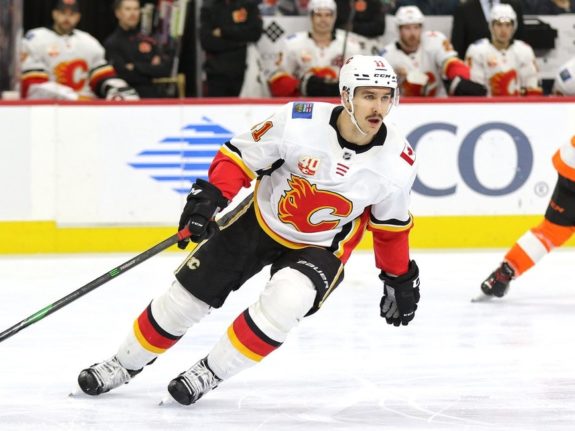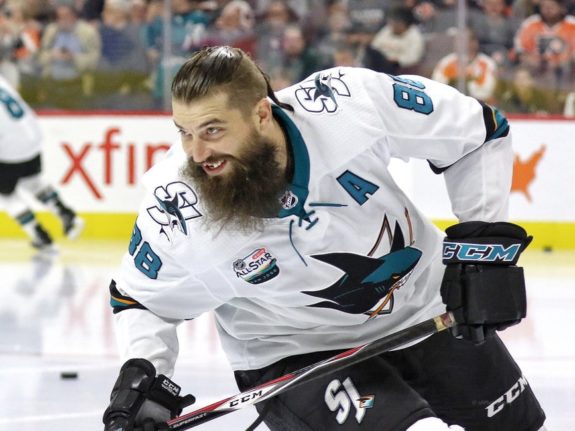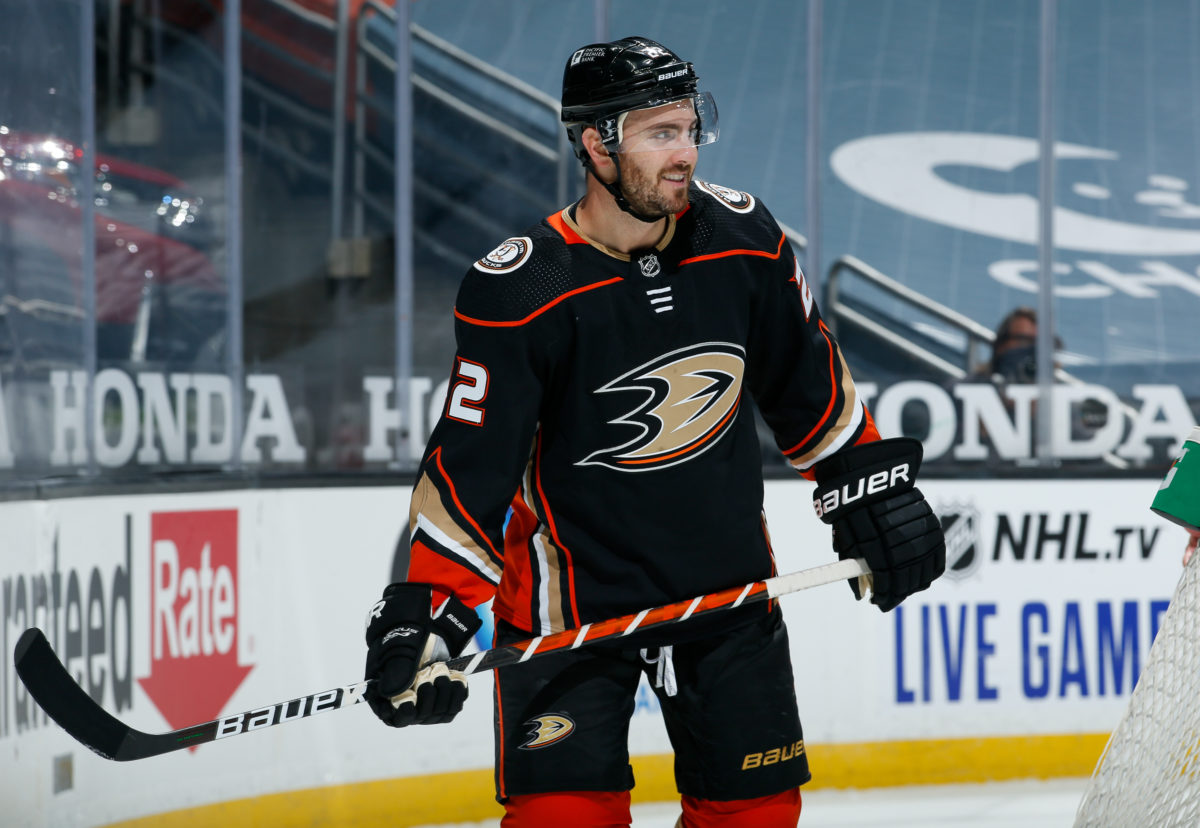I recently wrote an article highlighting young players or prospects that the Seattle Kraken could target in the Expansion Draft. While this is a worthwhile approach that I believe they should use, it is not very conducive to Stanley Cup contention in the short term. If Seattle hopes to contend from its inception, as I have to assume it does, veterans will be a key factor.
In much the same way that the Kraken may prioritize picking young players under team control, vulnerable teams may prefer to protect those players. In doing so, many organizations will have to leave established veterans exposed who remain strong contributors. I already highlighted one such example, T.J. Oshie, in a previous article.
In 2017, the Vegas Golden Knights managed to toe the line between young players and impactful veterans. The former has helped the Knights to stay competitive four years later, but that first season was successful largely due to veteran contributions. Older players like James Neal and David Perron took on leadership roles while making significant contributions offensively. Seattle can emulate that same approach this summer and acquire some veteran contributors in order to ice a competitive team immediately.
Mikael Backlund
The Calgary Flames find themselves in a difficult position in the upcoming expansion draft. With a surplus of younger players to protect, the 32-year-old Backlund could be a casualty.

Backlund has been a mainstay in Calgary’s top six for the better part of a decade, but at 32, it’s safe to say his prime is behind him. He also has a hefty contract, with three years remaining with a $5.35 million cap hit. So why should Seattle be interested?
For starters, Backlund’s contract shouldn’t be an issue for Seattle as long as they plan the rest of their roster accordingly. An expansion team such as the Kraken has the rare luxury of a surplus of cap space.
Secondly, Backlund is still an effective player, even if he’s no longer at his best. Prior to the shortened 2020-21 season, he had five straight seasons with at least 40 points, peaking at 53 in 2016-17. He’s also hovered around 1.0 wins above replacement (WAR, a stat that attempts to quantify how many wins a player adds to his team relative to a replacement-level player; from Evolving-Hockey) with a couple of outliers over that same time frame.
It’s also worth considering the fact that Backlund’s slight decline in recent years has coincided with his slide down the Flames’ lineup. With the addition of center Elias Lindholm in a summer 2018 trade with the Carolina Hurricanes, Backlund was demoted to the third line, behind Lindholm and Sean Monahan. This season especially has left Backlund with less than ideal linemates in Sam Bennett and Milan Lucic.
Equipped with a bigger role and some better wingers, it’s entirely within the realm of possibility that Backlund returns to his prime form with Seattle. He is an effective center, either way, so the Kraken should jump at the chance to select him if left unprotected.
Brent Burns
The San Jose Sharks have crashed hard since their Western Conference Final appearance in 2019. With several albatross contracts on the books, they look as though they will be mired in mediocrity for the foreseeable future. The upcoming expansion draft offers a rare opportunity to shed one of those contracts. And the likely victim is Brent Burns.

Seeing Burns’s name on this list may come as a surprise, given his pedigree. He’s only four years removed from a Norris Trophy and can be counted on as a consistent offensive producer from the back end. However, he makes $8 million until 2025, and at 36 years old, that isn’t easy to stomach.
Again, the Kraken are in the unique position of having a surplus of cap space and should therefore have no issue with Burns’s dollar figure. It is worth questioning whether or not Seattle will want such an expensive and long-term contract on the books, but there’s no denying what he can bring to the table.
Burns has been the prototypical offensive defenseman for the better part of a decade. He won’t impress anyone with his play in the defensive zone, but with a responsible partner, he can thrive. He has 18 points in 32 games this season, along with a solid 0.8 expected WAR (xWAR is the same stat as WAR, but it puts far less emphasis on finishing). It is better for evaluating defensemen because they generally don’t impact finishing nearly as much as forwards.
If Seattle is willing to take on such a large contract, Burns would be a worthwhile edition. The struggling Sharks would surely be glad to lose that $8 million figure.
Kevin Shattenkirk
Quite recently, Shattenkirk was an afterthought, bought out by the New York Rangers. A year and a half and one Stanley Cup ring later, he’s making $3.9 million a year for the next three years with the Anaheim Ducks.
The 32-year-old defenseman signed a one-year, “prove it” deal with the Tampa Bay Lightning and did just that, scoring 34 points in the regular season and adding 13 more in 25 playoff games. He also put up an impressive 1.9 xWAR.

Having found his form after a disheartening run in New York, Shattenkirk is a great target for the Kraken. Although Anaheim likely has no interest in losing him, they have too many defensemen to protect. Shattenkirk is the likely casualty, stuck behind Hampus Lindholm, Josh Manson, and Cam Fowler on the Ducks’ depth chart.
The $3.9 million average annual value is far more manageable than those of the two aforementioned players, and Shattenkirk would likely be just as effective, if not more so. He would be a fantastic addition to Seattle.
Final Thoughts
Striking a balance between young talent and veteran experience is pivotal, and Seattle will need to make sure that its team is rather youthful. Immediate contention would be ideal but should certainly not be the expectation.
However, the Kraken should not be a league bottom-feeder either, especially with players like these potentially available to them. Veterans are necessary on any successful team, and Seattle has plenty of good ones to choose from.